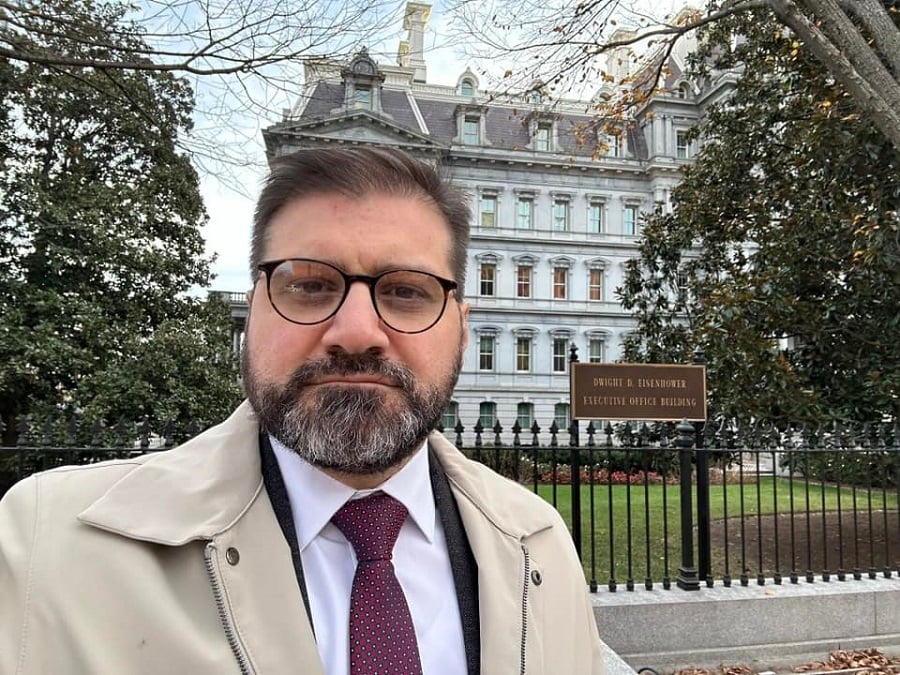Post of former independent member of the National Assembly, leader of the “For the Republic” party Arman Babajanyan on Facebook.
The signing of the Armenia-U.S. Strategic Partnership Agreement on January 14, 2025, marks a historic milestone and lays a solid foundation for elevating bilateral relations to a new level. This agreement, made possible through the efforts of the previous U.S. administration, underscores the United States’ profound recognition of Armenia’s unique situation and its strategic significance in the region. Thanks to the consistent efforts of former President Joe Biden and Secretary of State Antony Blinken, Armenia now has this pivotal document, opening a new chapter in Armenian-American relations. We express our gratitude for their immense contributions, which have become a cornerstone in strengthening the strategic ties between the two nations.
With Donald Trump assuming office as the 47th President of the United States, new opportunities arise to further elevate Armenian-American relations. President Trump’s foreign policy principle of “peace through strength” and his commitment to ending prolonged conflicts hold particular importance for Armenia. For over three decades, Armenia has been combating Azerbaijani aggression and grappling with severe security challenges. President Trump’s emphasis on establishing peace and resolving conflicts through diplomacy aligns closely with Armenia’s interests, which are directed toward ensuring peace, stability, and security in the region. Armenia must leverage this political vision to highlight the critical role U.S. engagement can play in mitigating wars and tensions across the region.
As a reliable partner of the United States in the region, Armenia stands ready to cooperate with the new administration on both bilateral and multilateral platforms. The appointment of Secretary of State Marco Rubio presents significant opportunities for Armenia to strengthen its position within U.S. foreign policy and propose new frameworks for addressing regional conflicts. Rubio’s dedication to democratic values and the principles of human rights protection resonates strongly with Armenia’s stance as a democratic nation committed to fostering regional stability.
Read also
Armenia’s strategic location, democratic governance, and commitment to Western values further underscore its importance as a key U.S. partner in the South Caucasus. Amid Georgia’s drift into Russia’s sphere of influence and persistent regional tensions, Armenia emerges as the sole country in the region that the West can fully trust. This unique position should be leveraged not only to deepen security cooperation but also to enhance the U.S. role in regional peace processes.
Armenia’s foreign policy must be both clear and ambitious. At every level of diplomacy, it is vital to emphasize that without active U.S. involvement, the Armenian-Azerbaijani conflict will continue to pose risks not only to the region but also to international security. Simultaneously, Armenia should position itself as a platform for implementing peace processes, offering the U.S. a proactive role in line with its renewed foreign policy approach.
Efforts to strengthen Armenian-American relations must also involve mobilizing the strengths of the Armenian-American diaspora. These communities can influence both Congress and public opinion, effectively highlighting Armenia’s role as a reliable and forward-looking partner for the United States in the region.
President Trump’s policies of peace through strength are fully aligned with Armenia’s strategic goals. Strengthening the strategic partnership between the two nations can become a cornerstone for ensuring regional stability and peace. Armenia must seize this historic opportunity to elevate bilateral cooperation and solidify the United States’ decisive role in establishing lasting peace in the region.
Arman Babajanyan





















































